Nagano came, he saw, he was seen
mainAs Nagano steps down at the Montreal Symphony after 14 years, Arthur Kapitainis has a pretty positive assessment of his overall contribution.
It would be easy to assemble a long list of public-spirited projects either agreed to or invented by this media-savvy maestro since his ascent to the music directorship in 2006: Mahler’s First Symphony at midnight in a riverfront Molson warehouse; Concerto for Radio Host and Orchestra, featuring Radio-Canada broadcaster René Homier-Roy as spoken-voice soloist; the Concert à l’aveugle, featuring the Electric Candlelight Concerto of John Anthony Lennon. Sixties clothing was recommended for that party.
Sometimes the music was bundled with social awareness. In Nagano’s first season, we heard The General, an oratorio interweaving theatrical music by Beethoven with words based on the Rwanda memoirs of Roméo Dallaire. Later came post-tragedy outreach concerts in Montreal North and Lac-Mégantic….
Ten years later, to open what would be his last full season, Nagano chose Chaakapesh, the Trickster’s Quest, an opera on a First Nations subject by Tomson Highway (words) and Matthew Ricketts (music). This also went to the Far North. With, of course, a camera crew.
Not that media trimmings are needed to produce a worthwhile experience. All the hype would be worthless in the absence of something musical to say….
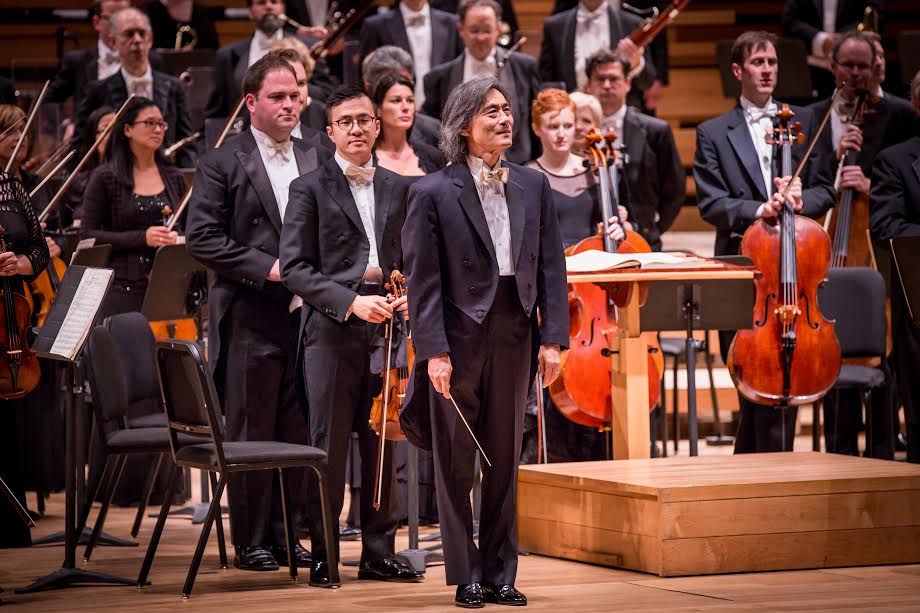

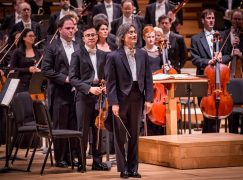
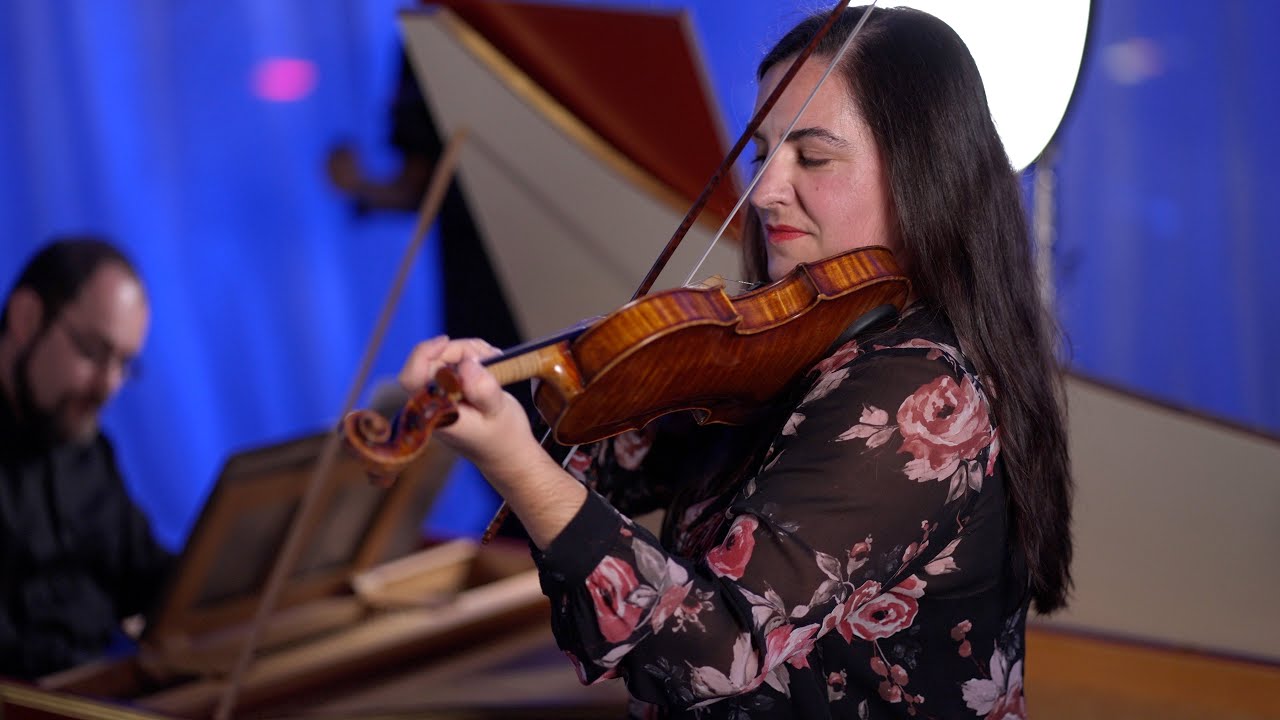
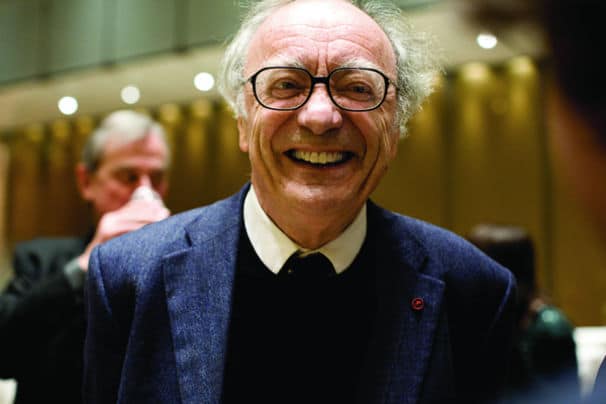

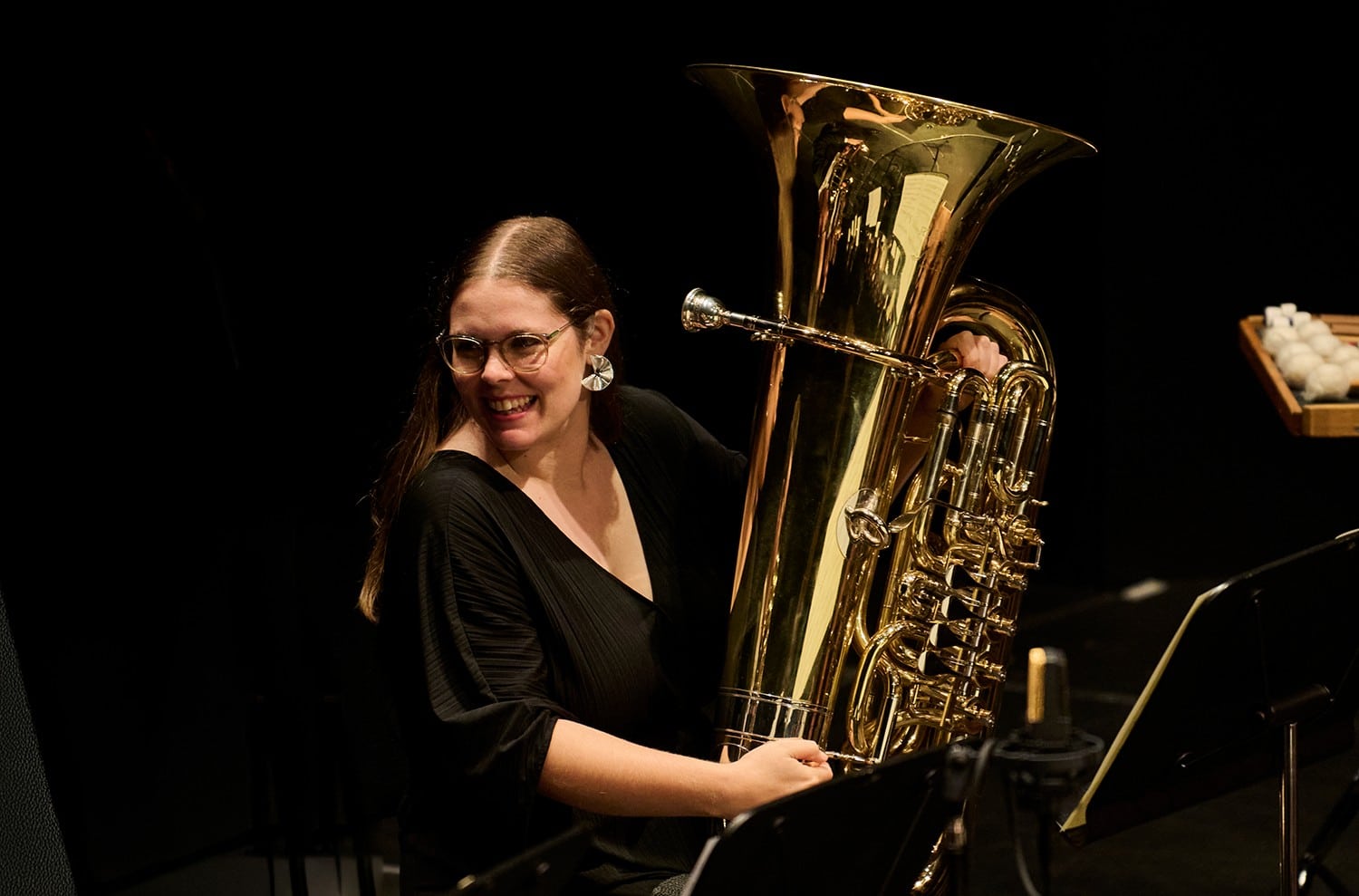
Kent Nagano kennt man gar nicht.
Ignorant and uninformed comment. Well known and received in Europe (especially Germany & Sweden), North America and Asia. His orchestral and opera repertoire is both wide and deep and his recordings are invariably very well received. Last, he is the epitome of an advocate for classical music. Even his contributions to the series of discs with the DSO Berlin designed to interest children and adult listeners were thoughtfully prepared and played. The next uninspired performance I hear him lead will be the first.
Largely in agreement with Kaptainis’ article (available here: https://montrealgazette.com/entertainment/local-arts/kent-naganos-legacy-with-the-osm-the-magnetic-maestro-takes-his-leave). Nagano provided a necessary counterpart to the legacy of Dutoit, and it is hard to overstate how appreciated Nagano has been in Montreal. He’s been excellent at integrating himself in Montreal, and his attention to local dynamics and concerns – if only with basic things such as speaking to the public in French – has been very welcome. He’s also been excellent at outreach to donors, getting Jacqueline Desmarais to fund the organ for the new concert hall.
One can quibble with a few minor details. Recruitment has been a bit slow – while his hire of Andrew Wan as concertmaster was an outstanding appointment, the orchestra’s been without a principal horn for several years now (other vacancies in the viola, cello, double bass, and trumpet sections have been ongoing). Principal second violin, clarinet, and viola among others were replaced only after somewhat lengthy interims. He’s also had a certain tendency to prefer European (vocal) soloists to local voices, as Christophe Huss noted, where one may have wished for more uplifting of Québécois and Canadian singers and instrumentalists (some prominent instrumental soloists have been rather absent at the OSM).
Overall, though, musical standards have been high, and he has often been willing to invite the public – and getting them to follow – to explore lesser known pieces. Kaptainis mentions L’Aiglon and St François d’Assise; I also remember Jeanne d’Arc au Bûcher closing a season (that one with, if I remember well, a nearly all-Québécois lineup), a premiere piano concerto by Walter Boudreau (sadly botched by a guest conductor), Ligeti’s Poème Symphonique for 100 metronomes, etc… So Montreal can be very happy with Nagano’s tenure – including his decision to exit when time had come instead of clinging on – and can only hope for an equally present successor.
there is a question to be asked……
did he make a musical difference and will his exit make a difference , The answer is a no .He did
what was necessary to keep his job.The audience
made no musical demands nor did he .That he addressed his audience in French was to keep the air heads among them happy .
Well that is indeed a question, and obviously we can’t expect every MD to be above average. Also, of course, the role of an MD is not purely musical – they’ve also got an important administrative rolI do think, however, that Nagano made a difference in several respects:
1- He provided needed stability after the turmoil of the Dutoit years and contributed to consolidating the OSM’s role in the community.
2- Musically, he expanded the orchestra’s repertoire significantly, and produced outstanding performances in the German, and contemporary repertoires, while maintaining and expanding the French repertoire (Berlioz, Ravel are still strong – in large part as the core principals from the Dutoit era are still there – but there’s also now Honegger, Messiaen…)
3- He diversified the recordings of the orchestra, which now combine core recordings (Beethoven) and others (Chopin with Charles Richard-Hamelin, Honegger, Saint-Saens with Andrew Wan, etc.). Same thing happened with tours, that were well received around the world.
4- He quit before it was too late, and will let someone else continue to build the orchestra’s musical legacy.
In some cases, I can agree that some variety would have been welcome – Beethoven’s symphonies have come back (too) regularly, as have some other pieces. But overall, I don’t know what radically different musicianship one would have wanted from the OSM.
A very solid conductor who programmed lots of innovative music. He will be missed.
Oy!
What concert goer listens to this type of music.
Sold out/very well attended every time. That you don’t go to these events doesn’t mean no one else does. And performing good classical music – none of the examples presented above were ‘pop’ or ‘crossover’ (though the OSM has a pop series, arranged by Simon Leclerc) – seems well within the mission of the orchestra.
I agree. The one time I’ve had the opportunity to be in Montreal, I looked up the OSM programme: it coupled a world premiere (alas, I forget the composer and work title) with Bartok’s Bluebeard’s Castle. Wow — the Bartok was the “safe piece,” the warhorse? Surely it would be no problem to get a ticket… but when I called the box office, I was told that the concerts of that programme had been almost instantly sold out.
Indeed – the concerts conducted by Nagano nearly always sold out, and he used that to do some quite daring programming (I remember a concert which paired Reich, Ligeti’s Poème for 100 metronomes, Haydn symphonies, and the Bartok Concerto for Orchestra). And timing was on his side too: such concerts become feasible in the new Maison Symphonique – easier to sell out 2000 seats than the previous 3000 seats hall.
I came.
I cowered.
I ran.
I must have skipped that one. I don’t remember it. I remember the grunting concert where he had Inuit throat singers. I think that was 2008.
I’m afraid I left at the first interval of an Inuit throat singers’ concert. I had ben taken by a diplomat friend who was taking a look at the group, who had been invited to play at her consulate in the US. And I’m afraid a good deal more stage time may be taken up by such artists when concert halls reopen. As the US scrambles to accommodate BLM, Canada is getting very proactive about promoting Indigenous causes. The CBC and the National Arts Centre, just for two institutions, have some sort of commitment to VASTLY expanding its Indigenous content.
I hope he comes back after the pandemic ends and conducts the Mahler 2nd Symphony in the Maison symphonique for a proper farewell.
Nagano is a very sincere, very thoughtful musician, who can make a difference if he connects not only with the musicians but also with the audience. In Munich, apart from a rather sloppy Don Giovanni, he had never problems with the audience, but unfortunately the chemistry with the musicians was not always at 100 %. For myself, I have to admit that despite the great efforts of Petrenko, I still miss Nagano truth- and thoughtfulness way of making music and try to go the Hamburg as often as possible.
It’s Kaptainis, not Kapitainis.
Probably a good human being, but a cold fish as a conductor. Not inspiring. Dutoit’s musicianship outshines his and it’s not close.
Thanks for your opinion. Since we’re sharing, here’s mine.
I’ve always found Dutoit to be a glib, fluent, but ultimately shallow musician. As a flute player, I own several Dutoit/OSM recordings because they feature Timothy Hutchins, their wonderful principal flutist. And the orchestra of course is very good. The recordings I own not because of the flute solos, I bought because I know the interpretations will be very safe and inside-the-box, and I won’t hear any ideas that will make a conductor look at me funny if I try something out in rehearsal.
But as recordings they are mostly not very interesting — even the famous Daphnis & Chloe recording from the early 80s that made them famous. That recording was how I first got to know the piece; aside from a serious flute student’s struggles with the giant flute solo, I struggled to like the other 52 minutes of the ballet. There was just not much going on, as far as I could tell. Then I found the Ozawa/ Boston complete recording from the 1970s and was astounded at all the orchestral textures and colors, not to mention gestures within the music, that I’d never heard before.
I would never buy a recording of Dutoit conducting Beethoven or Mahler (unless I wanted to hear Tim Hutchins’ take on the flute part), but I’ve been mighty impressed by what I’ve heard of Nagano’s recordings (Beethoven #6 and 8, and Mahler songs with Christian Gerhaher).
Arthur would not be amused. It’s Arthur KAPTAINIS.
So who’s his successor?
The OSM has been inviting as guests a number of candidates in the past 2 years; Christophe Huss, in Le Devoir, reported that multiple candidates would be (re-)invited this fall. The names of François-Xavier Roth and Rafael Payare have been mentioned as part of the list, as have Vasily Petrenko (unless he’s committed elsewhere?), Juanjo Mena, Susanna Mälkki (though she might be out of the running), Alain Altinoglu… Xian Zhang and Karina Canellakis (https://slippedisc.com/2019/05/trifonov-falls-sick-in-mid-concert-conductor-thinks-fast/) recently guest conducted, but no word on whether they’re considered candidates or not. Huss also pointed out that the selection of Klaus Mäkelä in Paris might free up a number of candidates who were eying that job.
At any rate, the OSM will announce its fall season by the end of August (they’re promising a number of orchestral concerts with up to 50 musicians and a limited audience, depending on restrictions), so that should give an idea of who’s left to be auditioned.
Payare.
This entire string of responses underlines the idiotic expectation that any human being – a conductor, for example – should be all things to all people at all times. That person doesn’t exist. One would do better to think of a conductor as to what they truly are: a necessary evil.